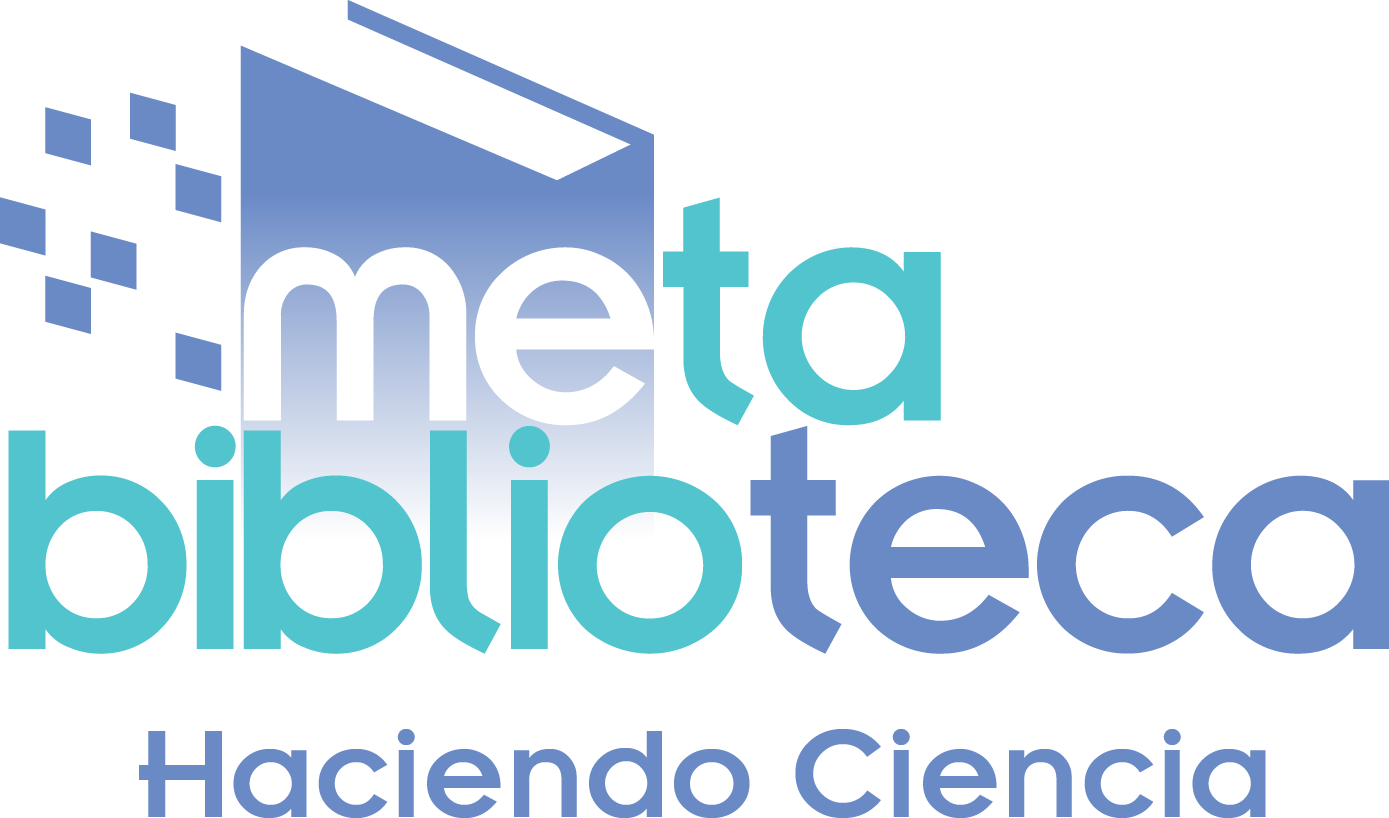Análisis de Estabilidad en Tiempo Discreto de un PFC Controlado por Corriente Programada (Stability Analysis in Discrete Time of a PFC Controlled by Current -Programed)
Análisis de Estabilidad en Tiempo Discreto de un PFC Controlado por Corriente Programada (Stability Analysis in Discrete Time of a PFC Controlled by Current -Programed)


This work is licensed under a Creative Commons Attribution-NonCommercial-NoDerivatives 4.0 International License.
Copyright statement
The authors exclusively assign to the Universidad EIA, with the power to assign to third parties, all the exploitation rights that derive from the works that are accepted for publication in the Revista EIA, as well as in any product derived from it and, in in particular, those of reproduction, distribution, public communication (including interactive making available) and transformation (including adaptation, modification and, where appropriate, translation), for all types of exploitation (by way of example and not limitation : in paper, electronic, online, computer or audiovisual format, as well as in any other format, even for promotional or advertising purposes and / or for the production of derivative products), for a worldwide territorial scope and for the entire duration of the rights provided for in the current published text of the Intellectual Property Law. This assignment will be made by the authors without the right to any type of remuneration or compensation.
Consequently, the author may not publish or disseminate the works that are selected for publication in the Revista EIA, neither totally nor partially, nor authorize their publication to third parties, without the prior express authorization, requested and granted in writing, from the Univeridad EIA.
Show authors biography
El presente artículo hace un estudio analítico de un convertidor Boost controlado por corriente programada funcionando como corrector de factor de potencia (PFC), se modela en tiempo discreto, se hace un análisis de estabilidad basado en la matriz Jacobiana evaluada en el punto de equilibrio, con ayuda de la cual encontramos el polinomio característico del sistema y, por medio de simulaciones numéricas, aseguramos que las ganancias de control estén dentro del circulo unitario para que el sistema sea estable.
Abstract: This paper is an analytic study of a current-programmed DC/DC Boost converter, operating as power factor correction (PFC). The converter is modeled in discrete time and the stability analysis is performed by evaluating the Jacobian matrix at the point of equilibrium. Thus, the characteristic polynomial is obtained and by simulation is obtained the gain which makes the system be stable.
Sumário: Este artigo apresenta um estudo analítico de um convertedor Boot controlado por corrente programada funcionando como corretor de fator de potência (PFC), modela-se em tempo discreto, faz-se um análise de estabilidade baseado na matriz Jacobiana avaliada no ponto de equilíbrio, com ajuda do qual encontramos o polinômio caraterístico do sistema e por meio de simulações numéricas seguramos que as ganâncias de controle estejam dentro do círculo unitário para que o sistema seja estável.
Article visits 331 | PDF visits 162
